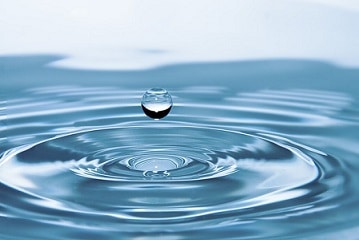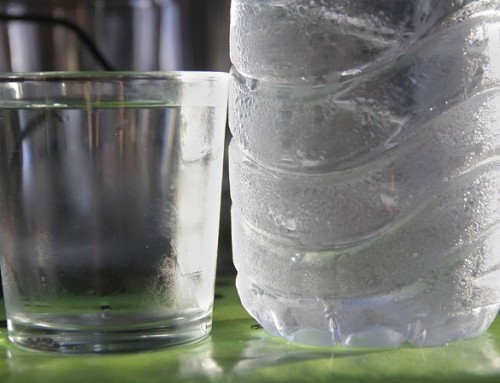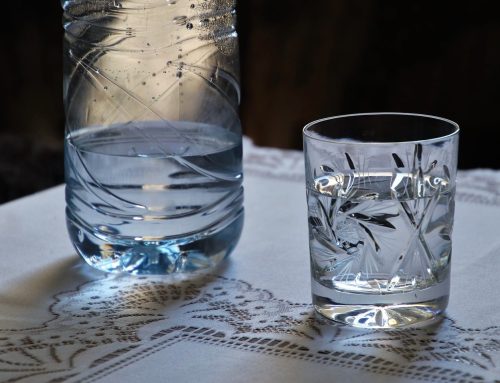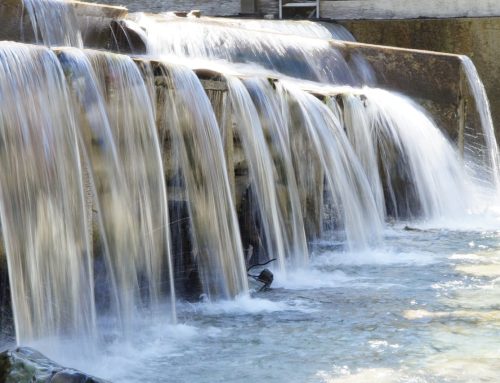 Water, that insignificant thing that most of us take for granted is anything but insignificant; in actual fact, the magnificent properties of water make it anything but insignificant.
Water, that insignificant thing that most of us take for granted is anything but insignificant; in actual fact, the magnificent properties of water make it anything but insignificant.
Water is the most precious commodity on earth; it is much more valuable than gold, platinum or the most pure diamond on earth. We cannot live without it; it is in us and all around us and without water our planet would be just another piece of rock floating out in space.
The Magnificent Properties of Water
Water is often referred to as the universal solvent because many substances dissolve in it. Substances that dissolve in water, like salt and sugar, are hydrophilic; this means that they are either as strong as or stronger than water’s cohesive forces. Substances that do not dissolve in water, like oil, are hydrophobic.
Water that we use is rarely pure, due to its solvency; it usually contains dissolved minerals. The presence of these minerals is the difference between soft water and hard water. Hard water generally contains a lot of magnesium and calcium, and may also contain metals, which is why soap will not lather in hard water. Hard water can cause lime scale deposits in toilets, pipes and water heaters, but is not dangerous.
The hydrogen bond between water molecules is behind the unique properties of cohesion and adhesion that water possesses:
· Cohesion refers to the ease with which water sticks to itself very easily;
· Adhesion refers to the fact that water can also stick to other things easily, such as to glass. When water comes into contact with certain surfaces, the adhesive forces are stronger than the cohesive forces, which is what makes water spread out and cling to the surface in a thin film.
Water also possesses a high level of surface tension, which means that the molecules on the surface of the water are being pulled by cohesion from molecules deep inside the water because the molecules on the surface of the water are not surrounded by similar molecules on all sides. These molecules cohere strongly to each other but adhere weakly to the other medium. This can be seen in the way that water beads up on waxy surfaces like a waxed car or a leaf.
Capillary action, the way plants suck up water, is as a result of surface tension. The water adheres to the inside of the plant’s tubes but surface tension tries to flatten it out, which makes the water rise up and cohere to itself again. This continues until sufficient water builds up that gravity pulls it back down.
Water’s hydrogen bonds are also why it can float in its solid form of ice on top of its liquid form, and are also linked to its thermal properties, which play a major part in climate conditions on earth.
Living-Water provides businesses with water dispensers, water delivery and water cooler accessories in London.





